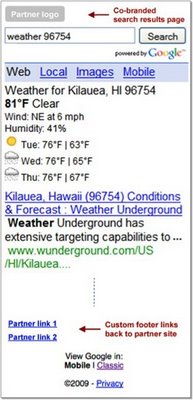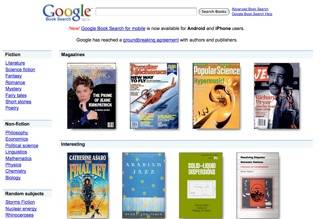Many of us especially people in search engine optimization industry wonder what’s the best extension to have for better search engine results. This question had been arised in various forums/message boards blogs and QandA sites no one ever got a perfect solution. We at Search Engine Genie after being in SEO industry for more than 5 years have an idea what the extensions need to be.
For Search Engines as per our experience a .gov domain extension naturally attracts an authoritative score. Primary reasons for .gov domains getting natural authority.
- Not everyone can register a .gov or .gov.in etc domain names. It can be registered only by a government entity which naturally removes a lot of spam registrations. To qualify for a .gov domain you must be a qualified government organization or program.
- When you see a .gov you know it’s a government site and most of the information on that site is genuine there can’t be any BS on government sites. Search engines are well aware of this and they will reward government sites just for this purpose alone.
- Government sites are the best for information lots of information useful for users are posted on Gov sites people like to read them since they find it very informative.
- Government sites get very high quality natural backlinks from other gov sites and organizations also they tend to link out only to quality resources this gives them natural credit score in search engines.
Next up is EDU domain extensions. These extensions are restricted to educational institutions and search engines are aware of this same like gov domains these domains have quality contents, good backlinks etc so they tend to get better credit score with search engines.
Apart from these two domain extensions we have domains like .Mil , .INT etc which are restricted to say .mil for American military and .int for international treaty sites. These sites also tend to rank better since they are not available for spammers to abuse them.
So we see domains that are not available to the end users are the best performing domains in search engines. But what is best for end user well we can register domains like .com, .net, .tv, .org , .info etc. Most of the search engines don’t give special credit to any of these domains. Regardless of extensions you have you need to have quality site to rank. We have see some weird .net extension sites rank very well with search engines similarly we have seem some good TLD .com domains perform very badly. So its better to concentrate on quality site than a good extension.
One recommendation we have is to stay away from domains that are too spammy. Extensions like .info, .eu, .cn, .ru tend to attract lot of spammy registrations. The more spammers target certain extensions the more search engines filter them. There had been instances where Google removed .info domain names from their index. Many experts predicted it to be a glitch but many feel Google purposely said that. Matt cutts of Google once said "A top-level domain (TLD registry) will offer domains for under $4. The result will be another TLD blighted by spammy domain registrations."
So you can see Google does target certain domain extensions. Experts predict this TLD that matt cutts mentioned was infact .info domains. So we recommend stay away from .info registrations and also stay away from .ru, .cn. .eu registrations.
Chris Pirillo a famous critic says:
The .INFO TLD has “officially” been co-opted by idiots. I can only think of a few reasons why you’d want to register a .INFO domain:
- You’re a spammer
- You’re a marketer (read: potential spammer)
- You’re misinformed
- You’re a brand masochist
- You couldn’t get .COM, .NET, .ORG, .US, or .MXYZPTLK
- You registered when .INFO was well-intentioned
Many feel .info is the most spammed domain and we definitely don’t want people who want good results with search engines to register these domains.
If people can't get a decent domain name with a .com extension, or a .net for that matter, then what are they supposed to do. Fair enough to say "use a little imagination", but go for .org or other extensions that are safe. Even if .info domain name is register able better avoid it.
Also don’t go for country TLDs like .co.uk or .co.in or .es etc unless you want to go regional. Search engines naturally target country extensions to corresponding countries so better stay away if you have globally targeted keywords.
In conclusion do what is best for your users build a great site and search engines will naturally love your site.
Google testing new mobile-search ad program

AdSense for mobile search lets others use Google's search engine, sharing the branding and the ad revenue.
Continuing its effort to stake out turf in a fast-growing area, Google on Tuesday announced the ability of mobile phones to show Google-supplied advertisements through a program called AdSense for mobile search.
Google sells ads next to its own search results through a service called AdWords, but the newer development involves a separate service called AdSense that lets publishers show Google-administered ads on their own sites. Google launched AdSense for mobile phones in 2007, but now it's seeking testers for a hybrid offering that involves others using Google's own search engine.
With it, mobile phone makers or mobile network operators can use Google's search engine and search results, sharing in revenue that comes from the accompanying search ads, Yury Pinsky, product manager of Google's mobile team, said in a blog post Tuesday.
The search can be co-branded with others' Web sites, Google said, implying the company is willing to share but not to let its brand vanish altogether.
Google dominates search for computers, but the company and rivals such as Microsoft and Google are scrambling to stake claims in the mobile market, where increasingly sophisticated phones and networks now permit correspondingly better Web browsing. It's a major new area of growth for advertising companies.
For more details go to-: http://news.cnet.com/8301-1035_3-10161337-94.html










